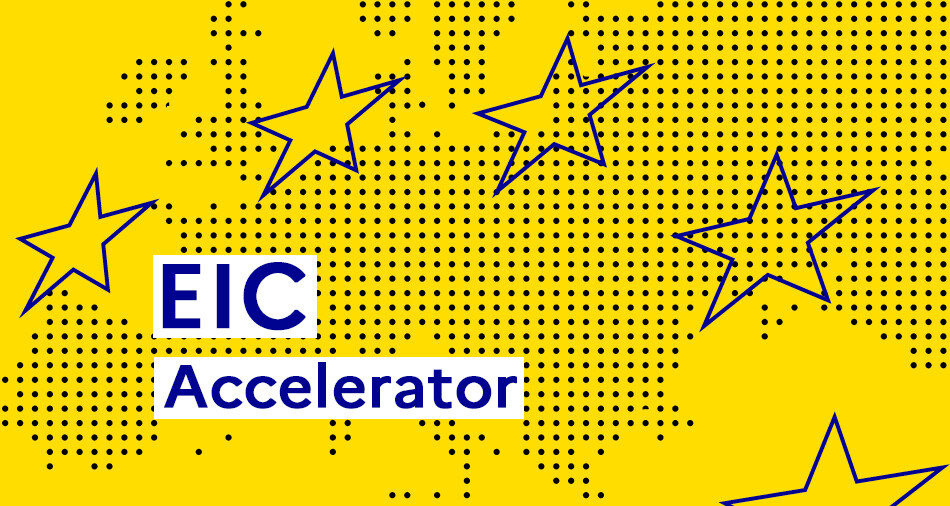ExpectedOutcome:
Project outputs and results are expected to contribute to the following expected outcomes:
- Development and validation of a small zero-emission automated vessel concept which can support shifting cargo from road to water. The concept will take into account cargo types and navigation conditions (e.g. small waterways, bridges, locks and shallow coastal waters and estuaries).
- Quantification and assessment of the reduced costs and emissions and stronger intra- and intermodal competitiveness of waterborne transport through integration of zero emission propulsion of automated vessels and transhipment into automated transport chains, internet of things and possibly urban logistics.
- Development of business models that benefit from a high degree of automation digitalisation, considering technical, safety, security and organisational aspects and when relevant smart on demand services.
Scope:
Waterborne transport can transfer large freight volumes from road and as a result reduce emissions and decongest road infrastructure. There are large opportunities to increase waterborne freight, especially in coastal and inland or congested urban regions. This potential is particularly underdeveloped within smaller waterways, lakes, estuaries and intra urban regions and with the use of less developed ports which are not accessible for larger vessels.
Whilst projects addressing coastal transport and metropolitan inland waterway transport, including new autonomous waterborne feeder loop logistic services are underway, these remain at an early stage or are tailored to specific use cases which cannot be widely deployed.
Emerging energy efficient, zero-emission and automation technology can help fully exploit the potential of small-sized waterborne transport but are expected to be adopted to the needs of such vessels and the related additional transhipment.
Lower costs are needed for small waterborne transport to become more competitive with road transport.
Flexible, fully automated transport chain is expected to facilitate waterborne services to new and previously poorly accessible regions.
Shallow water depths of smaller waterways with confined conditions require a broad variety of intelligent vessel solutions, which are tailored to the regional requirements, the specifics of individual cargo types and load units, e.g., ISO containers, swap-bodies, unitized and palletized goods for urban transport etc.
Decarbonisation of propulsion systems is needed to address the challenges of climate change. Automated solutions need to also take into account unexpected recreational users of the waterways.
Research should develop versatile zero emission solutions for small, shallow water capable automated vessels that are also usable on different classes of waterway and/or coastal waters.
Developments should advance beyond the state of the art taking into account current and emerging developments concerning low-water designs, modular vessels, automation, digital communication and security battery electrification, charging, and propulsion systems.
Proposals are expected to address all of the following aspects:
- Development, testing and demonstration of the automated flexible vessel concepts with emission-free propulsion systems in a relevant environment. In addition, the optimisation of the logistics chain will be assessed through logistics modelling.
- Innovative automation approaches for substantial cost savings.
- Tailored propulsion arrangements for small, flexible and versatile vessels which are compatible with shallow water.
- Automated operations in multimodal logistics should be envisaged through further development and integration of single automated functions into fully autonomous systems such as; navigation and vessel command, machinery surveillance, maintenance, berthing, cargo handling, transhipment etc.
- Self-organised or remotely controlled fleet-wide coordination of operations, along with an integration of the vessels into land-based digital logistics processes.
- The development of new business models including a high degree of digitalisation and smart on-demand services. Consideration of key stakeholder behaviours, including retailers’ and customers.
- Ensuring safety, cyber security and resilience of automations systems.
- Early communication and discussion with relevant regulatory and standardisation bodies.
Specific Topic Conditions:
Activities are expected to achieve TRL 5-6 by the end of the project – see General Annex B.





